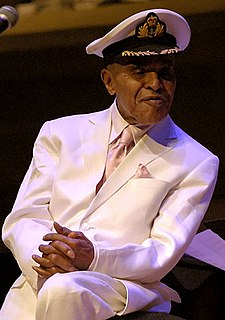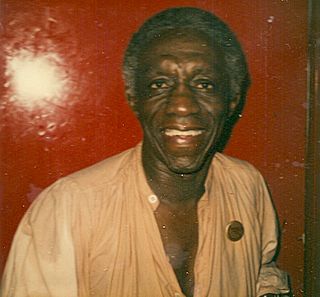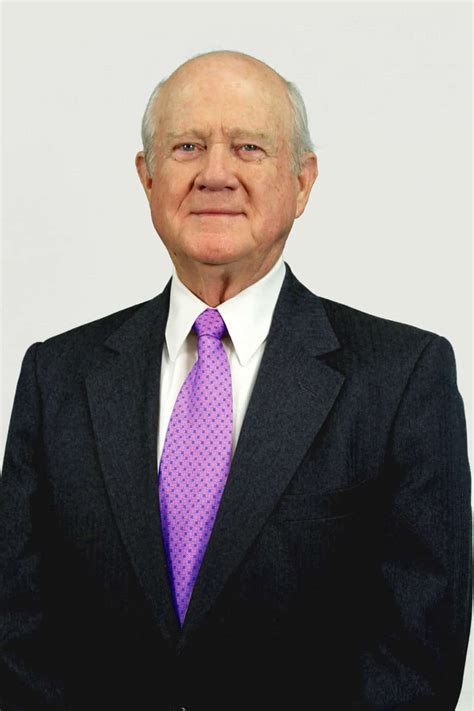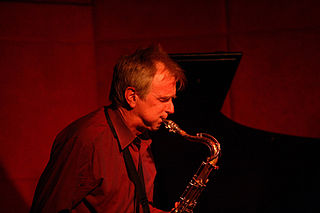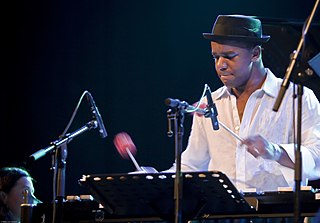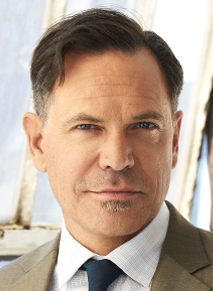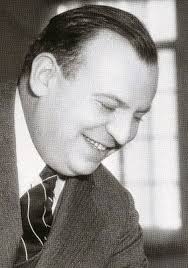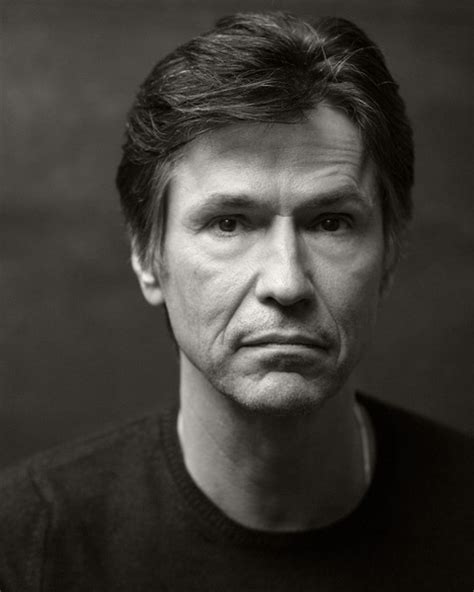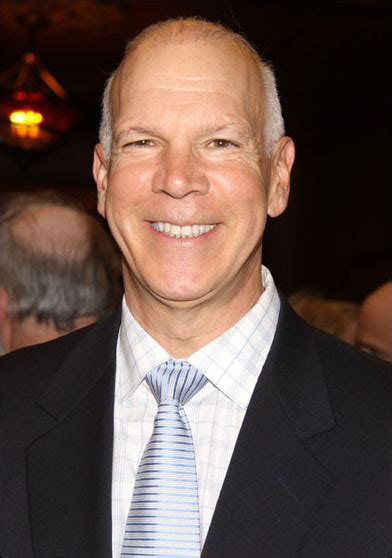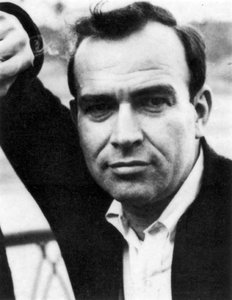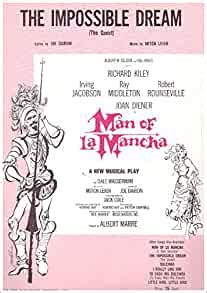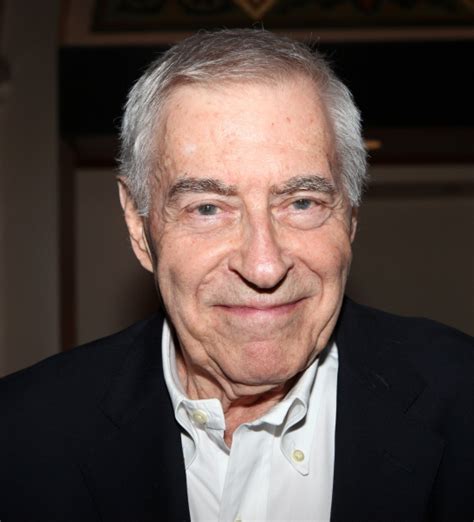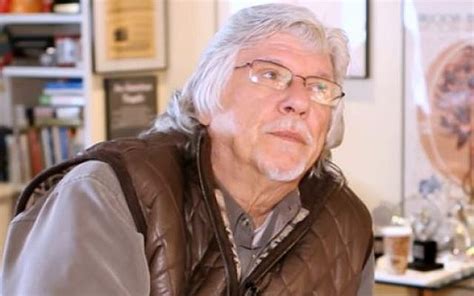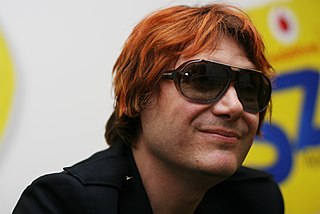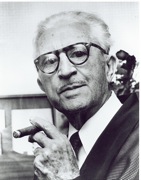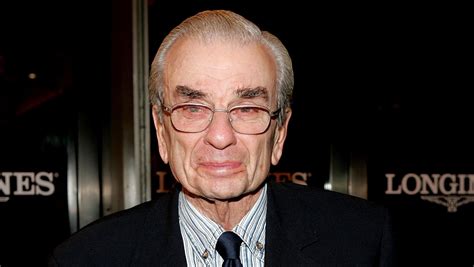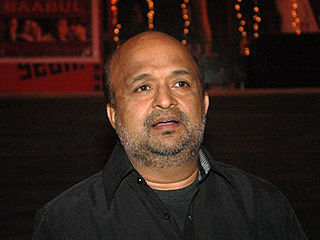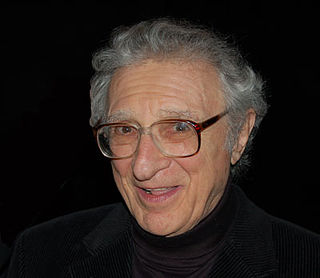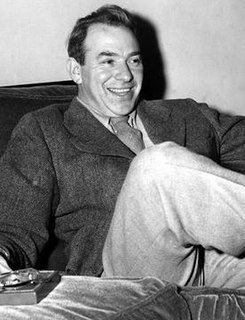A Quote by Jon Hendricks
Jazz is an art form that depends on its antecedents, there must be respect for the people that have gone before.
Related Quotes
One interesting thing about jazz, or art in general, but jazz especially is such an individual art form in the sense that improvisation is such a big part of it, so it feels like it should be less soldiers in an army and more like free spirits melding. And yet, big band jazz has a real military side to it.
As far as piano players are concerned, Oscar Peterson is my very favorite. I also like McCoy Tyner. I think that the big jazz stars, both now and in the past...how shall I say it? These guys are as great as Bach, Beethoven; all of them. People don't know it yet. If jazz survives and is put on a pedestal as an art form, the same as classical music has been through the years, a hundred years from now the kids will know who they were, with that kind of respect.
I think jazz was just seeking respect and validity because a lot of people didn't believe it was a viable art form, and then they got a lot of attention in Europe. A lot of bands that can't catch flies in the US have these followings in Europe, [but] it's less and less the case. American audiences are way more sophisticated and adventurous than anyone thinks that they are.
